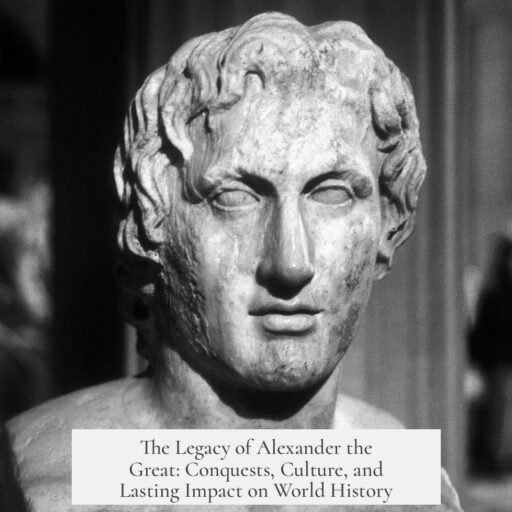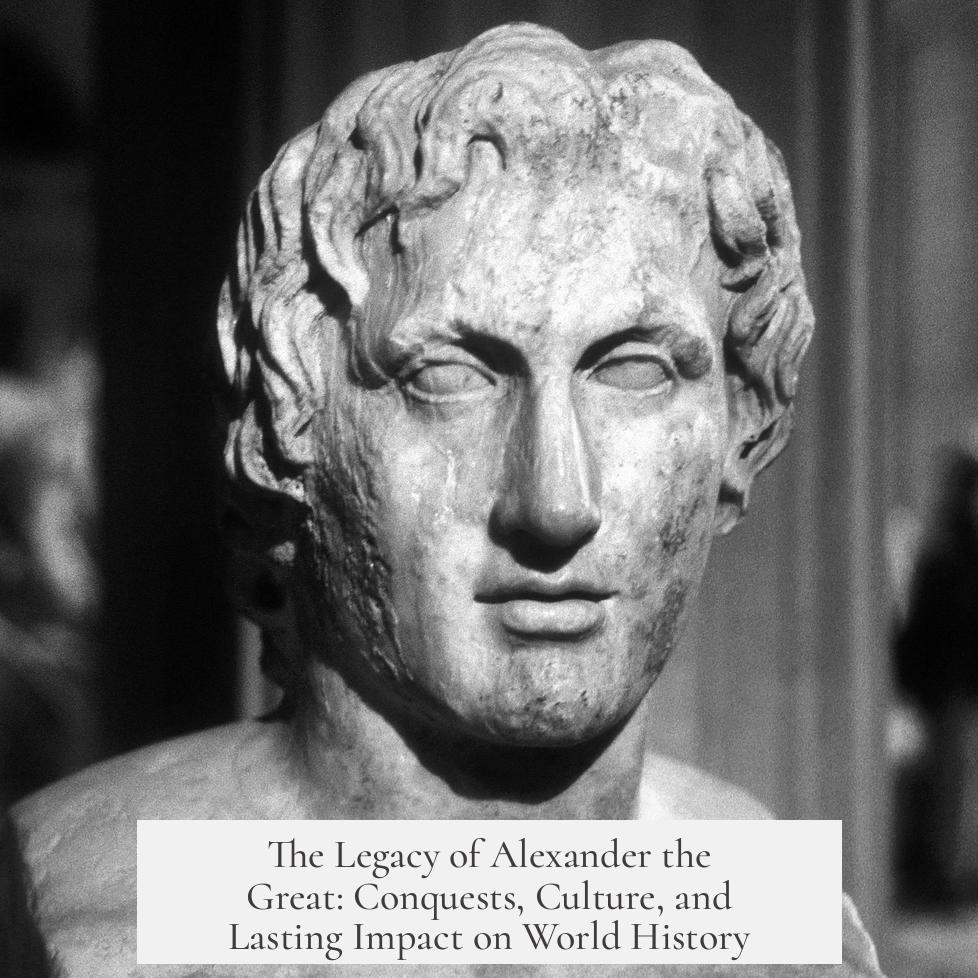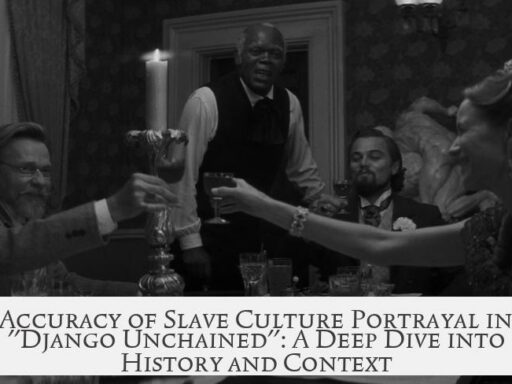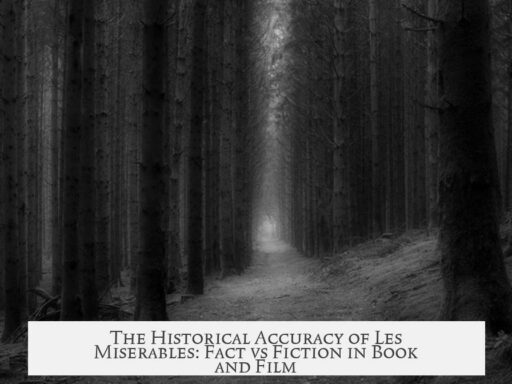Alexander the Great is significant in world history for reshaping the political and cultural landscape of the ancient Mediterranean region. His unprecedented conquests destroyed the old order of city-states and large empires, creating a new era known as the Hellenistic period. This transformation impacted governance, culture, and the spread of Greek influence across vast territories.
Before Alexander, the Mediterranean world was dominated by the system of classical Greece. Classical Greece was a collection of small city-states, or *poleis*, each with its government, typically either democratic or oligarchic. These city-states were rich in culture, advancing poetry, theater, philosophy, science, and political theory until Alexander’s rise disrupted this balance.
Although overshadowed in power by the vast Persian Empire, these city-states cherished ideals of collective decision-making among a select group of male citizens. These ideals nurtured their cultural achievements. Alexander changed this by coming from Macedonia, a region viewed by many Greeks as distinct and less refined. Unlike the politically independent city-states, Macedonia resembled a larger, loosely organized ethnic kingdom.
Alexander inherited this kingdom from his father, Phillip II, who had begun uniting Macedonian power and military innovation, including the use of the long spear called the *sarissa*. Unlike Greek hoplites, Alexander’s forces were highly mobile and stronger in pitched battles, which gave him a tactical advantage. His self-presentation as divine or semi-divine, portraying himself as the son of a god, was unprecedented in Greek culture, where this was foreign and controversial.
In his campaign, Alexander boldly crossed into Persian territory, conquering the empire that had long been an adversary and cultural opponent to Greek city-states. His invasion ended centuries of conflict marked by Persian attempts to conquer Greece and Greek efforts to defend and liberate cities under Persian rule. This conquest unified a massive, diverse empire stretching from southeastern Europe through the Middle East to the Indus River.
After Alexander’s death, his empire fragmented through infighting among his generals and family members. This division birthed successor states, including the Seleucid Empire and Ptolemaic Egypt. Unlike the democratic or oligarchic city-states of earlier Greece, these successor kingdoms were large dynastic monarchies. These new rulers adopted governance inspired by Alexander’s example: single sovereigns claiming divine or special legitimization. They issued coins bearing their likenesses, emphasizing legitimacy through lineage and divine association.
The expansion of Greek culture is another key aspect of Alexander’s lasting significance. Greek language, art, and ideas spread far beyond Greece itself, flourishing in places like Egypt and Anatolia. These Greek cultural centers entered contact with other rich traditions in the Near East and India, creating a cultural blend sometimes called Hellenistic civilization.
| Aspect | Details |
|---|---|
| Political Shift | From small city-states to large monarchies |
| Cultural Expansion | Greek culture spreads to Egypt, Anatolia, and beyond |
| Military Innovation | Use of sarissa and new tactics |
| Legacy | Creation of Hellenistic kingdoms and rulers |
Alexander’s significance also stems from several other factors. First, his military success was unmatched, especially considering Macedonia’s prior minor status. Within less than a decade, he conquered a territory larger than any previous ruler. Second, he promoted his image through coins, religious rites, and carefully constructed propaganda. This self-promotion helped sustain his legacy both for his contemporaries and later generations.
Third, the period following Alexander’s death saw an explosion in biographical and historical writing. Writers crafted stories of his extraordinary skill, cunning, and even suggested supernatural powers. These narratives helped canonize Alexander as a legendary figure. The Hellenistic cultural boom ensured that his story reached a wide audience and influenced many, cementing his role not only as a conqueror but also as a symbol of extraordinary leadership.
“Alexander transformed the Mediterranean world from a patchwork of city-states into vast kingdoms ruled by monarchs inspired by his example.”
He represents a turning point where classical Greek ideals of small-scale democratic governance gave way to massive, centralized regimes claiming divine sanction. This shift shaped political systems and cultural exchanges throughout the ancient world and into the future.
- Alexander reshaped Mediterranean politics by ending the classical city-state system.
- He conquered the Persian Empire, unifying a vast territory under Macedonian rule.
- His empire broke into successor states, leading to Hellenistic monarchies.
- Greek culture spread widely, mixing with other traditions.
- Alexander’s legacy persists through his military success and mythic reputation.
What Makes Alexander the Great So Significant in World History?
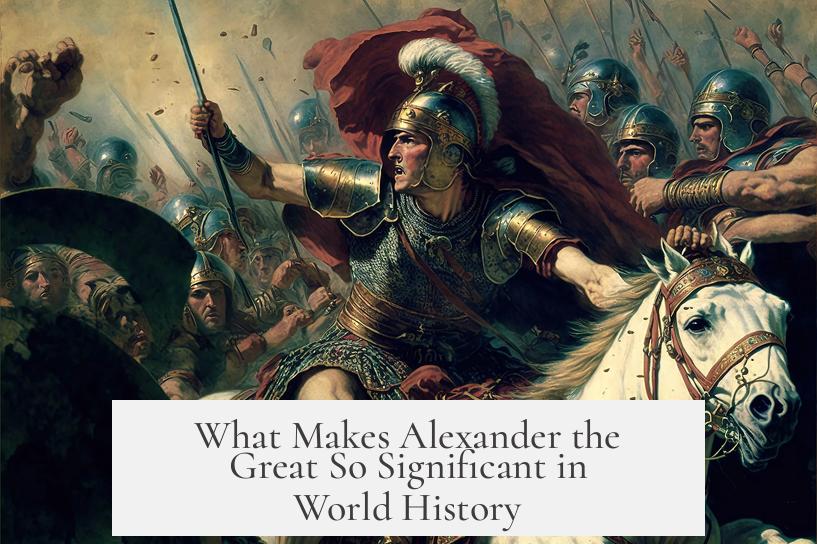
Simply put, Alexander the Great’s significance lies in how his military conquests and political strategies reshaped the Mediterranean world both politically and culturally. But there’s so much more to this story than just battles and maps changing colors. Let’s dig into the details, reveal the layers, and figure out why he still fascinates us centuries later.
First, let’s set the stage. Before Alexander, there was Classical Greece—a period defined by city-states, called poleis. These tiny powerhouses, like Athens and Sparta, were known for their unique governments—some practiced early forms of democracy, others oligarchy—and their cultural explosion in art, science, and philosophy. Yet, despite their intellectual might, these city-states were dwarfed by the Persian Empire, a sprawling dynasty stretching from southeastern Europe all the way to the Indus Valley.
Alexander’s father, Philip of Macedon, started the revolution. Macedonia wasn’t a polis but rather a larger ethno-political grouping, often dismissed by Greeks as less “civilized.” Alexander inherited this project. Unlike the city-states with their hoplites armed with short spears, Alexander innovated militarily. His troops wielded the sarissa, a spear twice as long as traditional Greek ones, which changed battlefield dynamics in a revolutionary way.
As he rose, Alexander didn’t stop at battlefield tactics. He actively fashioned his image as more than a mortal ruler. Claiming divine descent sent ripples through the Greek world, since their previous rulers didn’t typically present themselves as gods or demigods.
From Defensive Skirmishes to Sweeping Conquests
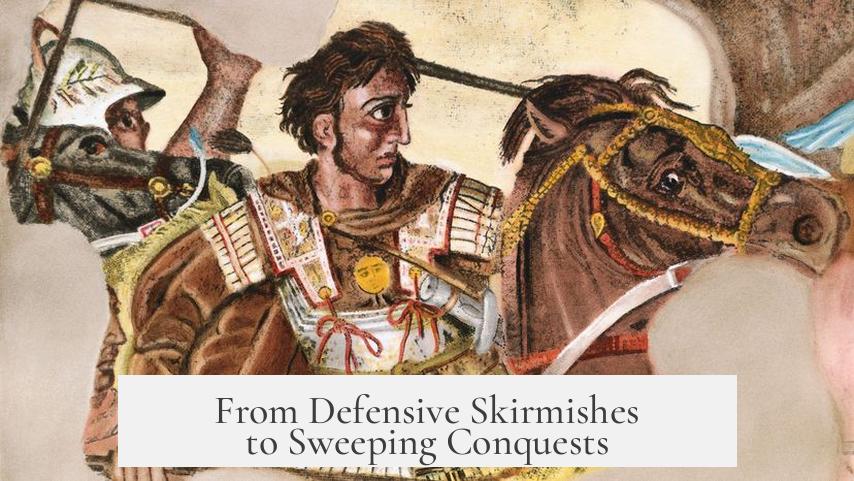
The long, uneasy relationship between Greece and Persia was defined by wars, alliances, betrayals, and territorial tug-of-war. Greek city-states sometimes banded together to fend off Persian invasions; other times they sought Persian help against rival Greeks. Yet Alexander did something bold: he marched Greek armies into Persia and conquered the entire Persian Empire. All in less than a decade. It’s like a small startup suddenly acquiring the biggest multinational corporation overnight.
This feat transformed the Mediterranean world dramatically. The empire didn’t hold together after his death, but that’s not the full story. Instead, camaraderie and chaos among his generals led to the Successor Kingdoms: major dynastic states such as the Seleucid Empire and Ptolemaic Egypt. These states operated differently from the democratic or oligarchic city-states. They ruled as monarchies, inspired by Alexander’s notion of divinely sanctioned power, with rulers minting coins stamped with their portraits and linking themselves to gods.
A Hellenistic World: New Center, New Culture
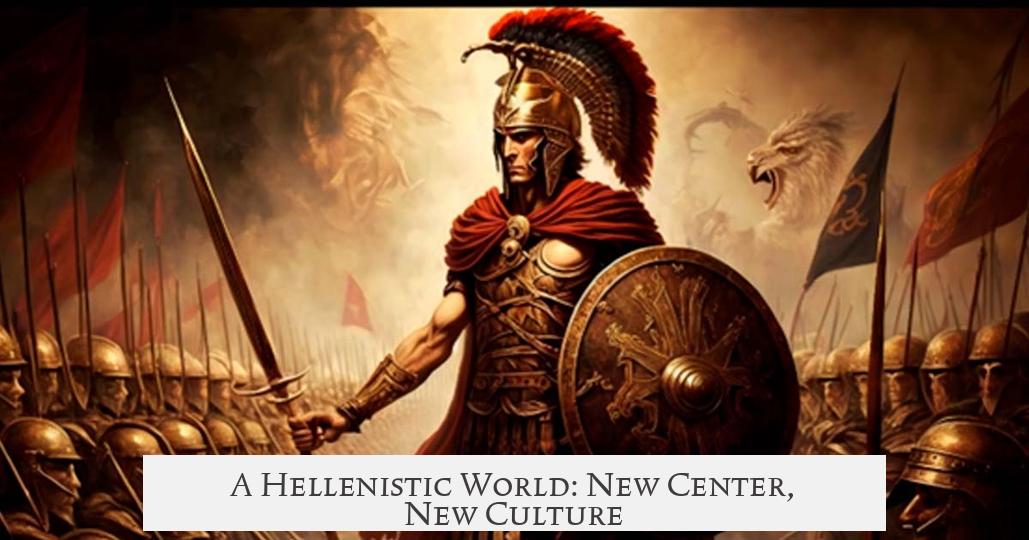
Interestingly, Greek culture became more than just a local affair. Before Alexander, Greek culture flourished within the limited geography of the city-states. Post-conquest, it spread far and wide. The heart of this spread was no longer just Greece but places like Egypt and Anatolia.
This created a fascinating cultural fusion known as the Hellenistic period. Greek language and arts merged with Egyptian, Persian, Indian, and other local traditions, sparking new ideas, styles, and knowledge systems. This era set the foundation for significant advances in science, philosophy, and governance that influenced civilizations for centuries.
What Puts Alexander on the Legendary Pedestal?
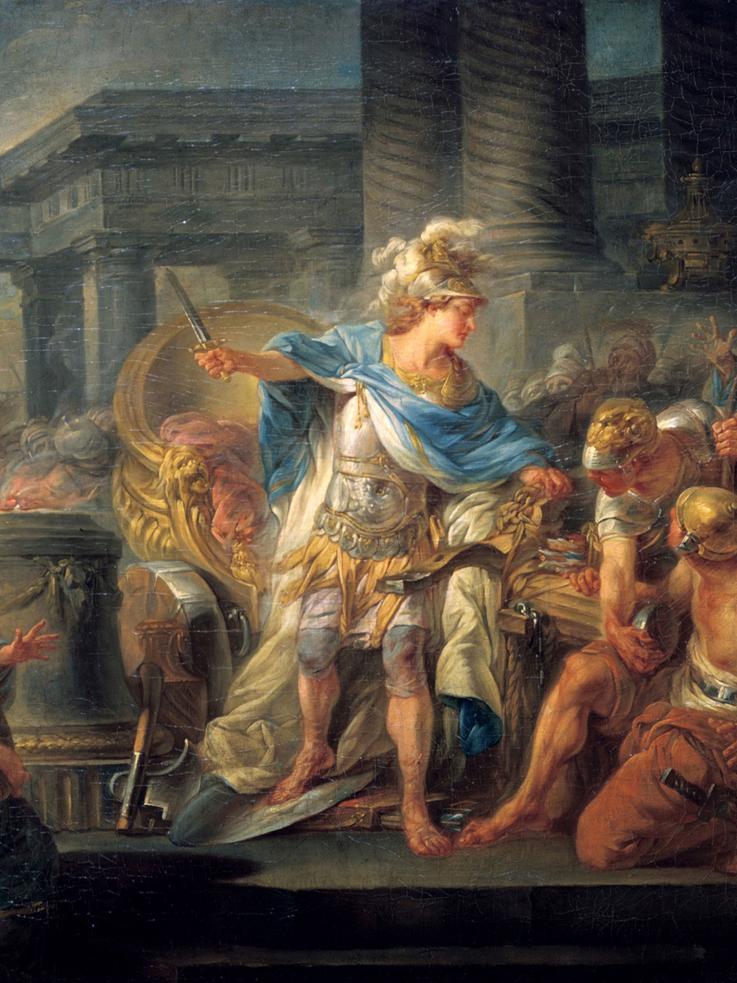
Beyond his accomplishments, Alexander was a master of propaganda and myth-making. His campaigns weren’t just military strategies—they were also *performance art* to establish his legacy. Coins bearing his image, religious ceremonies positioning him as a god’s son, and stories circulated by historians and poets elevated him beyond a warlord to an almost supernatural figure.
Moreover, the literary explosion during the Hellenistic period helped spread his legend. Biographers wrote tales highlighting his genius and courage, sometimes crediting him with divine powers. These stories shaped his reputation for millennia.
His legacy wasn’t limited to battlefield success or empire-building but also in how he pioneered rulers’ roles worldwide. Monarchs across Asia and the Mediterranean started to emulate Alexander’s style of governance: lineage-based claims, divine favor, and visual propaganda through coins and monuments.
Why Should We Care Today?
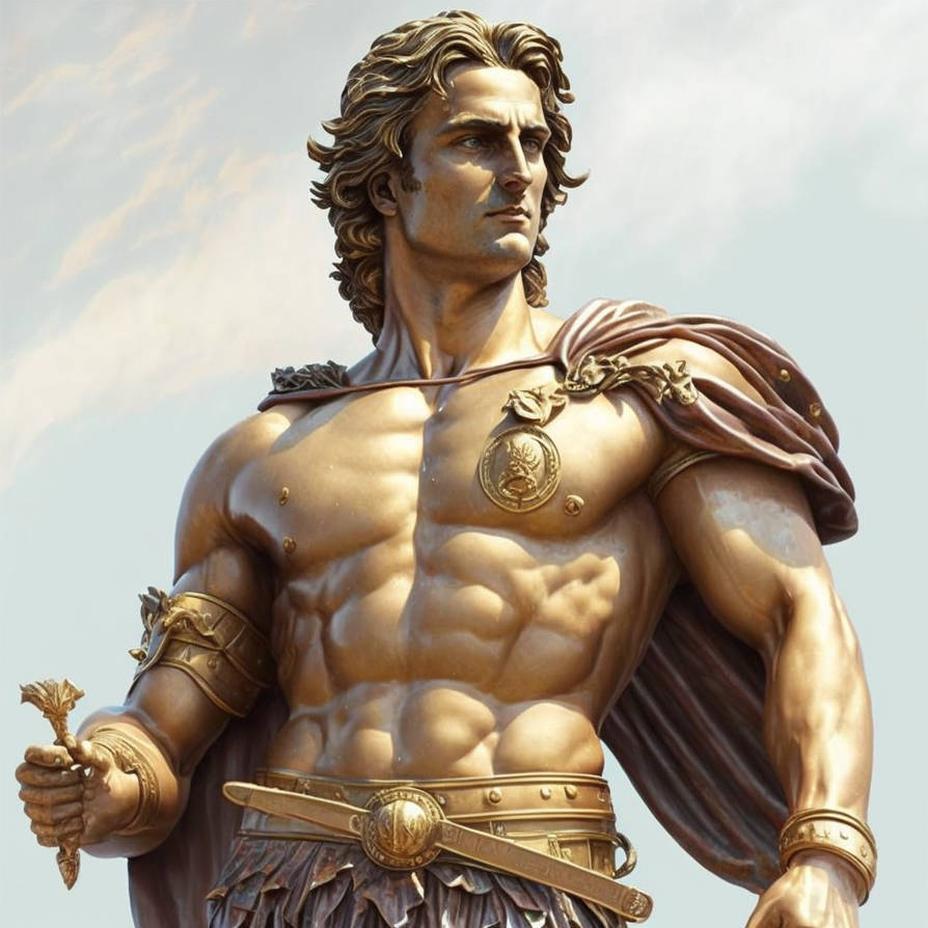
Alexander’s story teaches us about transformation—how one man’s vision, strategy, and personality can alter the course of history. The shifts he triggered in culture, politics, and power structures echo in modern governance, cultural exchanges, and strategic thinking.
It also poses interesting questions. How does power consolidate in empires? Can military technology redefine politics? How does cultural blending happen under conquest versus peaceful trade? And what role does storytelling play in immortalizing leaders?
Studying Alexander reminds us that history isn’t a static tale but a complex interplay of innovation, ambition, culture, and image-making. It forces us to reflect on our own narratives about leadership and legacy.
Final Thoughts: More Than a Conqueror
Alexander the Great isn’t just a name carved on ancient history scrolls. He’s a symbol of transition—from fragmented city-states to vast empires, from classical culture to the rich, blended Hellenistic world, and from conventional leadership to the divine monarch paradigm. His legend underpins centuries of politics and culture, influencing rulers, empires, and scholars.
Next time you watch a historical epic or read about empire-building, remember that Alexander’s story was one of innovation and reinvention, setting patterns still relevant today. Who knew that one Macedonian king could cast such a long shadow?
What political changes did Alexander the Great bring to the ancient world?
Alexander’s conquests replaced city-states with large dynastic monarchies. His empire’s breakup led to successor states like the Seleucid Empire and Ptolemaic Egypt. These kingdoms introduced new rulership models, claiming divine right and centralized power.
How did Alexander’s rule influence cultural exchange?
He spread Greek language and culture far beyond Greece, shifting centers to Egypt and Anatolia. This created long-lasting contact between Greek traditions and other cultures, reshaping art, science, and thought across a vast region.
Why is Alexander considered a military legend in history?
He conquered one of the largest empires of his time in less than ten years. This was unprecedented, as he rose from a minor power to command a vast and diverse territory with innovative tactics and strong leadership.
How did Alexander use propaganda to enhance his image?
He promoted himself as a divine ruler, using coins and religious ceremonies. These efforts helped build his legendary status, reinforcing his authority and inspiring loyalty among his subjects and successors.
What was the significance of Alexander’s death for the political map?
His empire did not survive intact. Instead, it split into several successor states led by his generals. These new empires transformed political structures in the Mediterranean and Near East for centuries to come.
